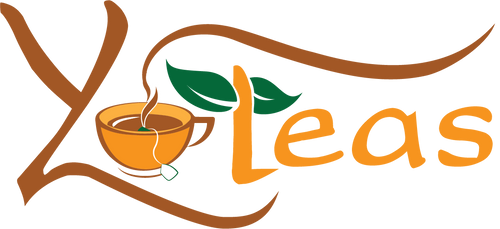YoTeas Subsription, It's Finally Here...
Select a page for this section using the sidebar.
Why YoTeas? It's simple... NO Artificial Colors, NO Added Sugars, NO Artificial Flavor
Herbal “teas” or tisanes are not true teas, because they do not derive from the Camellia sinensis plant, however these tisanes have some virtues of their own. Most notably, these infusions do not contain caffeine, which makes them acceptable for young children, the elderly or for evening tea drinking.
A specific example, rooibos, a red bush from South Africa, has high levels of antioxidants and vitamin C, as well as being caffeine free. Lavender has been used for generations to promote relaxation and to calm the mind and body. Chamomile, while also having strong calming powers, has been used as a natural pain reliever when prepared in strong infusions.
Peppermint is used by many traditions, especially in Moroccan culture, as a tea to help aid in digestion and to clear the sinuses. These herbs, while not having the superpowers of the Camellia sinensis plant should not be overlooked, as they do have their own more subtle benefits and can be enjoyed by anyone at any time of the day. In addition, some of these botanical blends may be infused with natural herbal roots containing their own medicinal benefits.
Many herbs possess medicinal properties and have been used in traditional medicine systems around the world. For example, ginger is known for its anti-inflammatory properties and can help with digestive issues, while chamomile is often used for its calming and soothing effects. Whatever your ailment, there's an herb to assist in giving you relief...
It's important to note that while herbs have many potential benefits, their effectiveness and safety can vary. It's advisable to consult with a healthcare professional or herbalist before using herbs for medicinal purposes, especially if you have any underlying health conditions or are taking medications.

Our products are inspired by the people and world around us. Beautiful, high quality teas sourced from around the world, and blended especially for you. Discover our story and meet the people that's part of making our brand uniquely special.
Sign up to stay connected. Receive updates, tea education, access to exclusive deals, and more.
Select a page for this section using the sidebar.
Sign up to stay in the tea loop. Receive updates, access to exclusive deals, and more.
